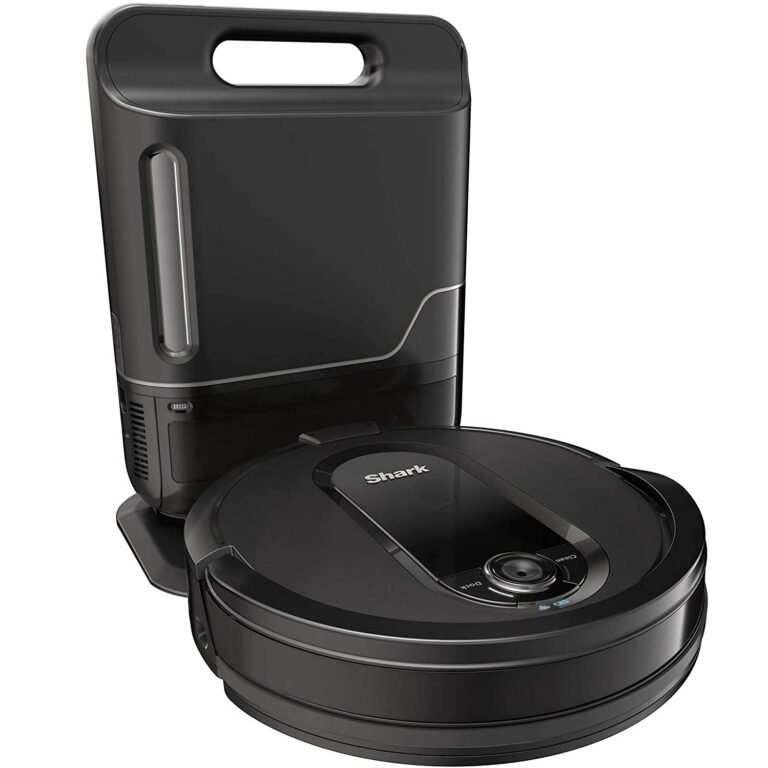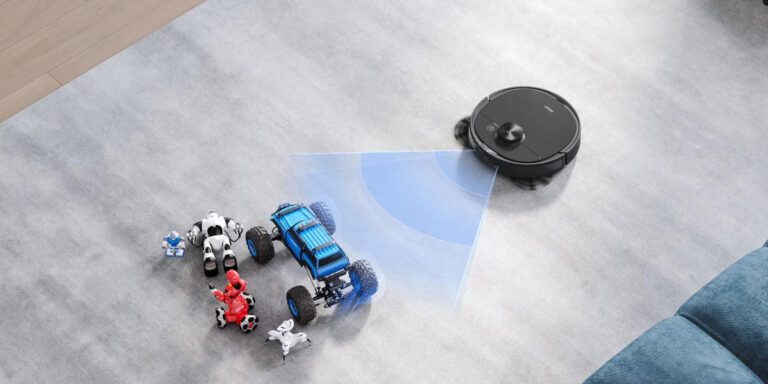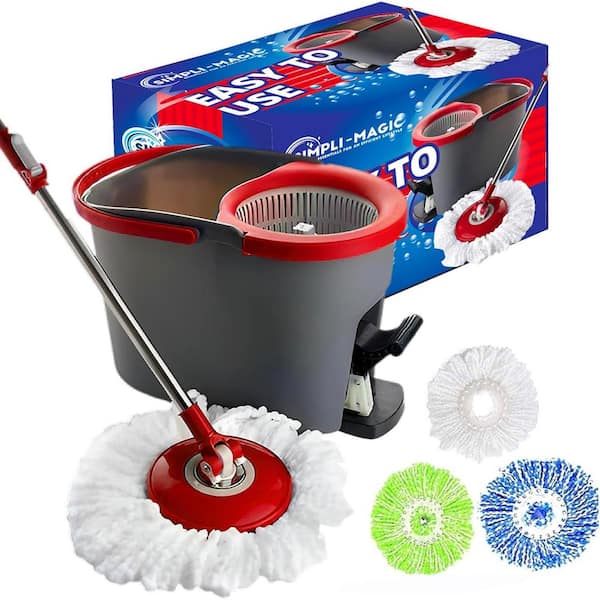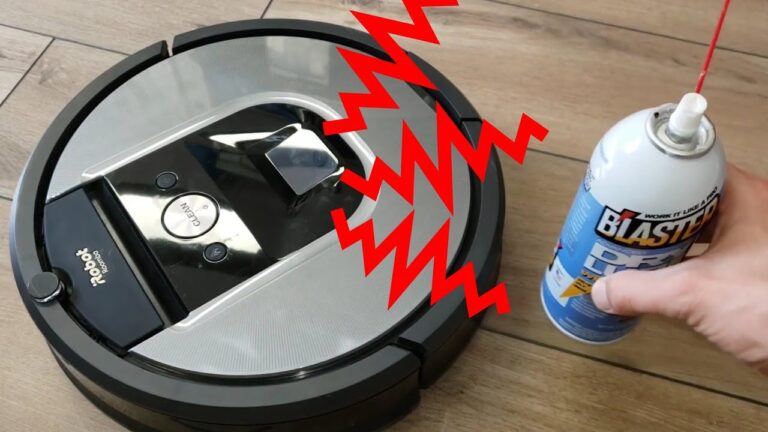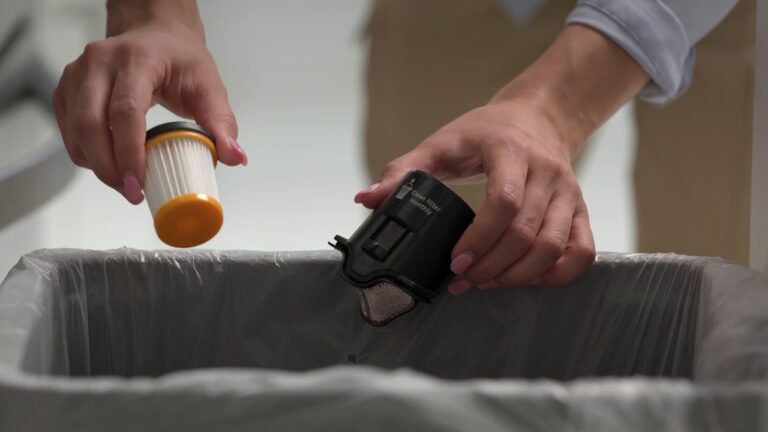How Long Does a Robot Vacuum Last?
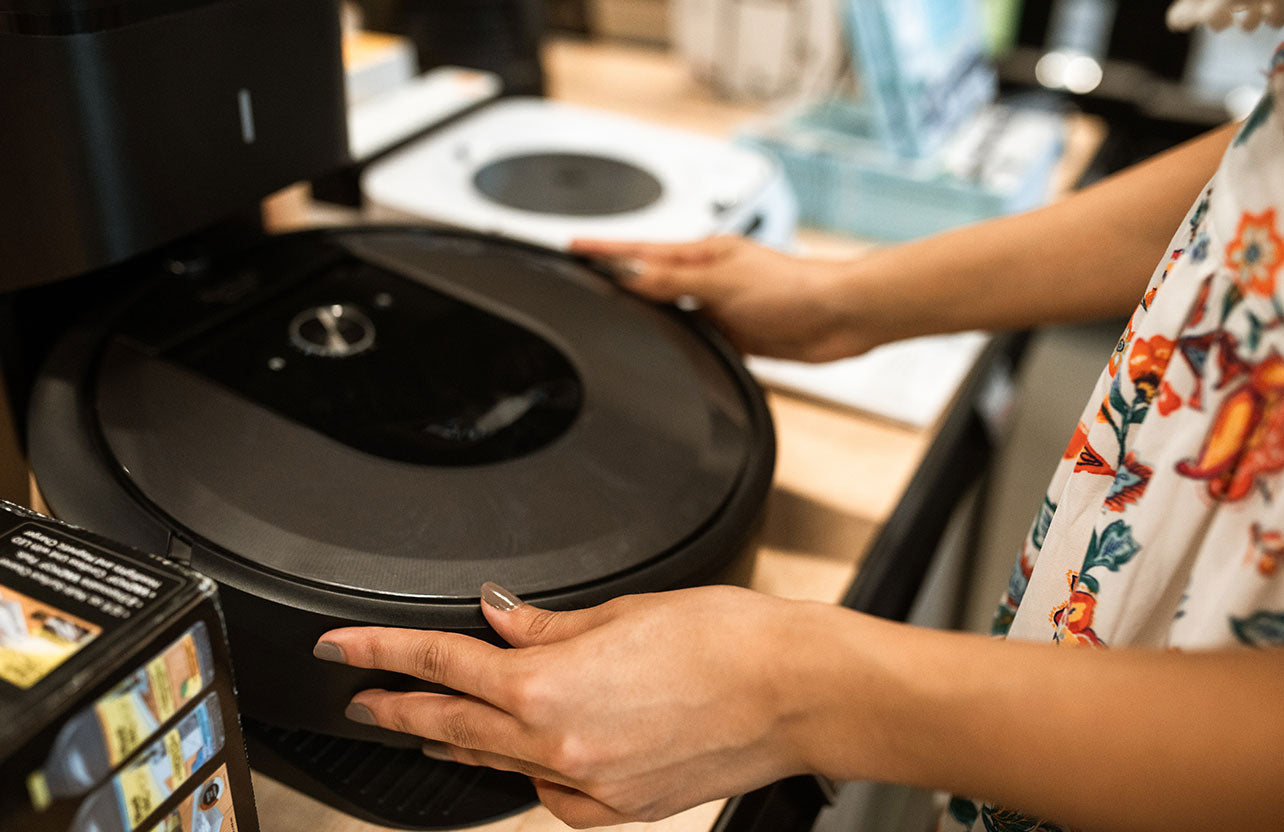
A robot vacuum usually lasts around 2-5 years, depending on usage and maintenance. A robot vacuum is a handy and convenient tool for cleaning floors with minimal effort.
Unlike traditional vacuums, robot vacuums operate autonomously and can navigate through rooms by themselves. They are equipped with sensors that detect obstacles and adjust their cleaning pattern accordingly. However, like any electronic device, a robot vacuum has a limited lifespan.
Understanding how long a robot vacuum typically lasts can help users make an informed decision when purchasing one. We will explore the factors that affect the lifespan of a robot vacuum and provide insights into maximizing its longevity. Whether you already own a robot vacuum or are considering buying one, this information will help you make the most of this innovative cleaning technology.

Credit: robotklinsmann.com
Factors That Affect The Lifespan Of A Robot Vacuum
The lifespan of a robot vacuum can vary depending on several factors. One crucial factor is the quality of components used. The durability of the motors, brushes, and sensors can significantly impact how long the robot vacuum will last. Another factor is the frequency of use.
Robot vacuums that are used more frequently may have a shorter lifespan due to increased wear and tear. Additionally, the maintenance and cleaning routine also play a role. Regularly cleaning the filters, emptying the dustbin, and replacing worn-out parts can help extend the lifespan of a robot vacuum.
Taking these factors into consideration can ensure that your robot vacuum lasts as long as possible, providing you with efficient cleaning for years to come.
Average Lifespan Of Robot Vacuums
Robot vacuums have become increasingly popular in recent years, offering a convenient and automated way to keep our homes clean. But how long can we expect these helpful little machines to last? Well, according to statistical data, the average lifespan of a robot vacuum is around three to five years.
However, this can vary depending on the brand and model. Some popular brands, such as Roomba and Neato, are known for their durability and can last even longer. For instance, Roomba robot vacuums have been reported to have a lifespan of up to 10 years with proper maintenance.
On the other hand, less-known brands may have a shorter lifespan, ranging from one to three years. Ultimately, the lifespan of a robot vacuum depends on various factors, including usage, maintenance, and build quality. So, if you’re considering investing in a robot vacuum, it’s worth doing your research to find a brand known for its longevity.
Extending The Lifespan Of A Robot Vacuum
Extending the lifespan of a robot vacuum is vital for maximizing its usefulness. Proper maintenance practices play a significant role in ensuring its longevity. Regularly cleaning the brushes, filters, and sensors helps prevent clogs and damage. It is also important to empty the dustbin after each use.
Troubleshooting and repairs should be done promptly to address any issues that arise. Regularly updating the robot vacuum’s software and firmware can improve its performance and extend its lifespan. Additionally, upgrading and replacing parts, such as the battery or wheels, when necessary, can significantly enhance its functionality.
By following these maintenance practices and being proactive in addressing any problems, you can enjoy the benefits of a robot vacuum for years to come.
Frequently Asked Questions For How Long Does A Robot Vacuum Last
How Often Should You Replace Robot Vacuum?
Robot vacuums should typically be replaced every 2 to 3 years, depending on usage. Regular wear and tear can impact their performance over time. However, if you notice a significant decline in cleaning efficiency or if the robot is experiencing frequent breakdowns, it may be time for a replacement.
Technological advancements may lead to more advanced models with improved features and capabilities. Keeping up with the latest advancements can enhance your cleaning experience. To extend the lifespan of your robot vacuum, proper maintenance is essential. Regularly cleaning the brushes and filters, emptying the dustbin, and ensuring the sensors are free from debris can optimize its performance.
How Can I Make My Robot Vacuum Last Longer?
Take care of your robot vacuum to ensure a longer lifespan. Regularly clean the brushes and filters, and empty the dirt bin. Avoid running the robot on very high or low carpet, as it can strain the motor. Create a clutter-free environment to prevent the vacuum from getting stuck.
Use boundary markers or virtual walls to keep it away from areas where it may encounter obstacles or fall down stairs. Store the vacuum in a cool and dry place, away from direct sunlight. Follow the manufacturer’s instructions for charging and maintenance.
Take note of any unusual noises or behaviors and contact customer support for assistance. By following these tips, you can extend the life of your robot vacuum and keep it cleaning efficiently for longer.
How Long Does A Shark Ion Robot Vacuum Last?
The Shark Ion robot vacuum typically lasts for around 2 to 3 years.
Conclusion
The lifespan of a robot vacuum depends on several factors, including the quality of the unit, maintenance, and usage frequency. A well-maintained robot vacuum can typically last between 3 to 5 years. However, higher-end models with better build quality and advanced features may last even longer. To extend your robot vacuum’s lifespan, cleaning and maintaining it regularly is essential. Although it may seem expensive initially, the convenience and efficiency they provide make them a valuable tool for cleaning your home.
